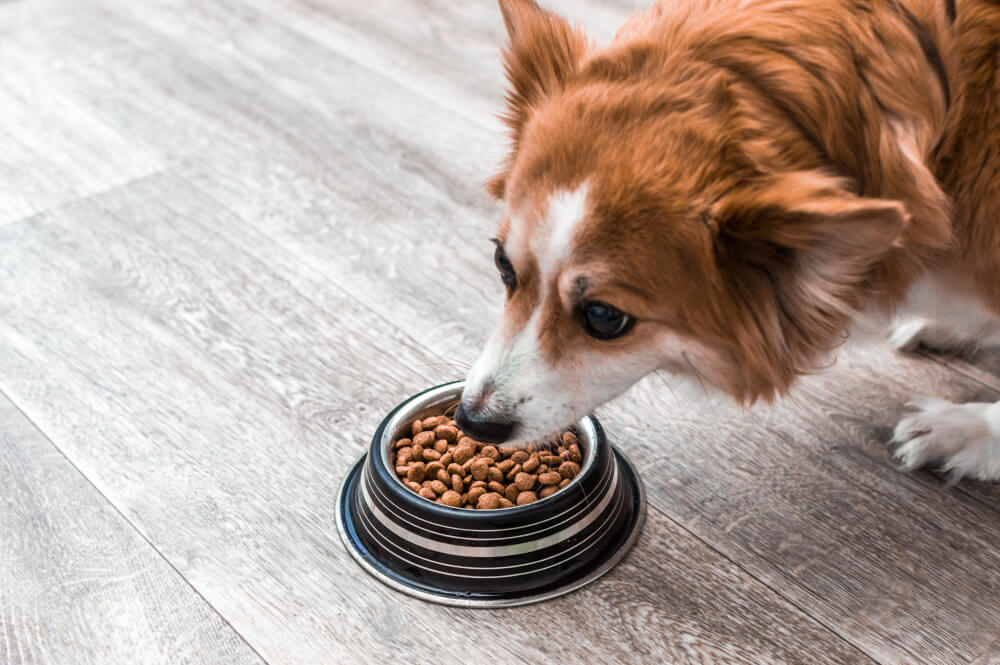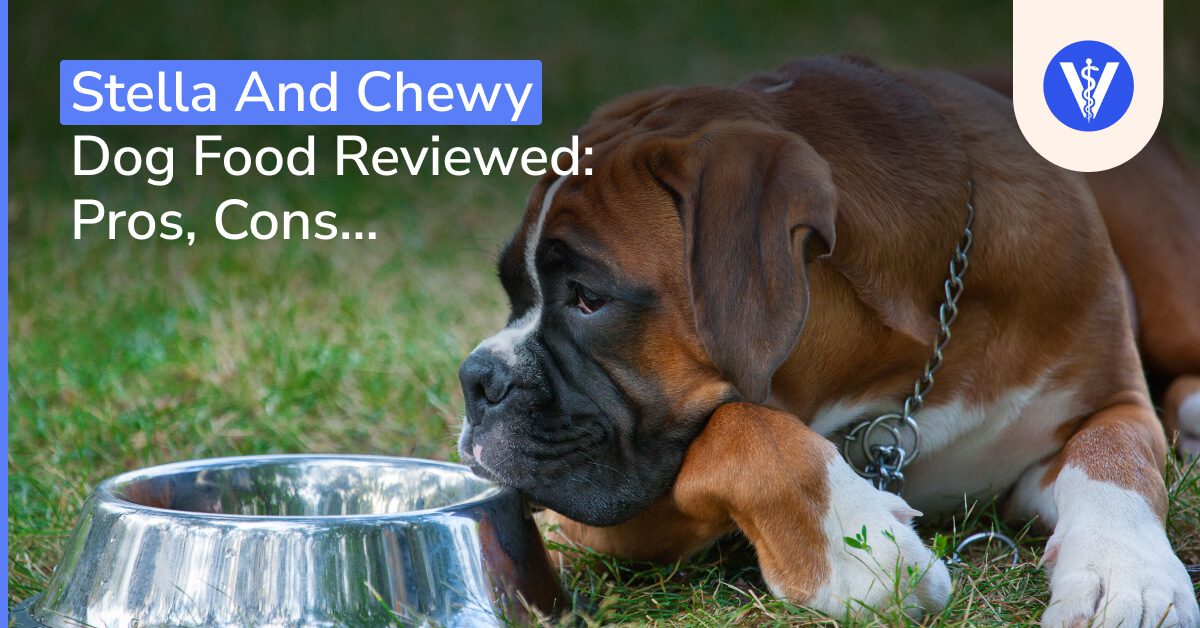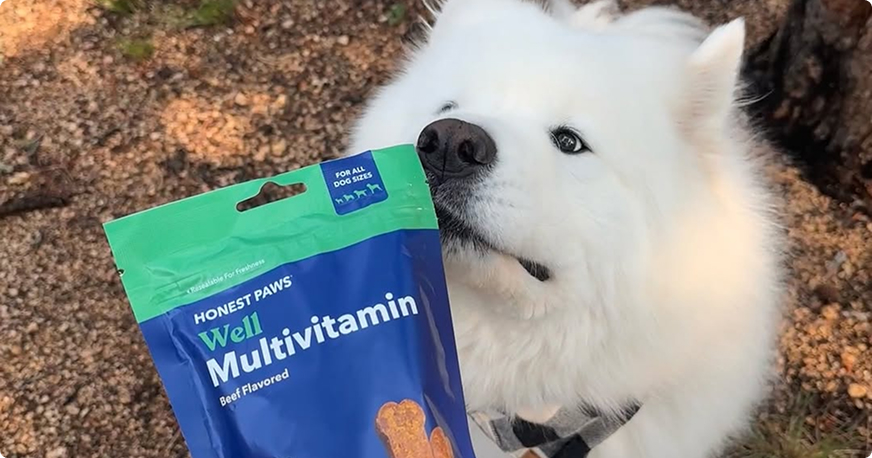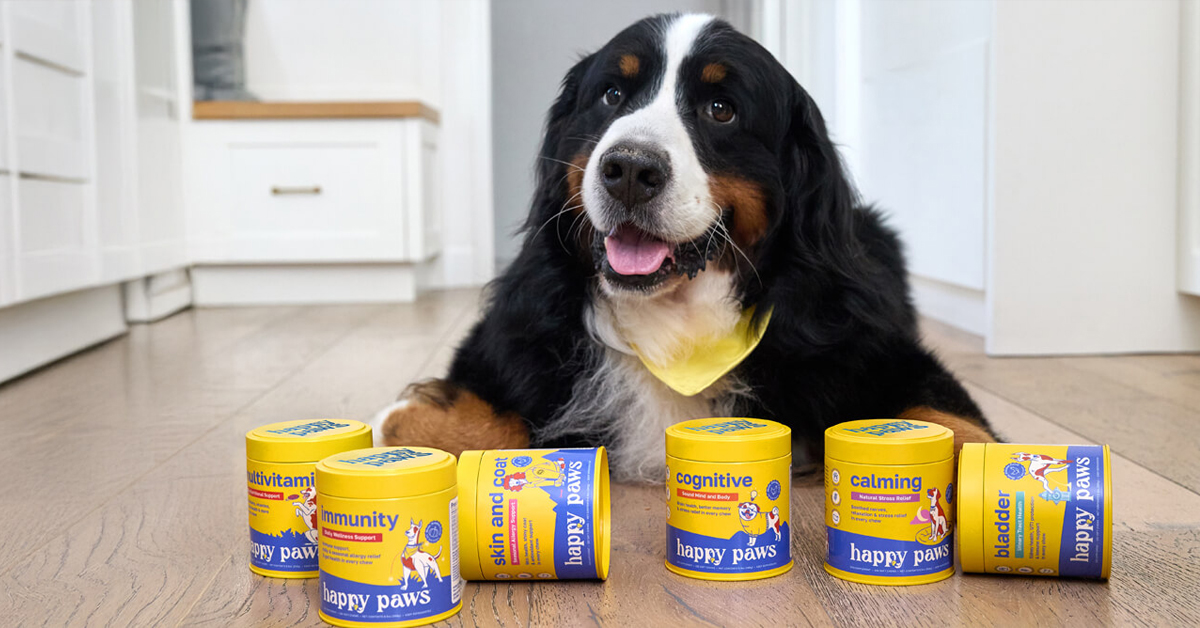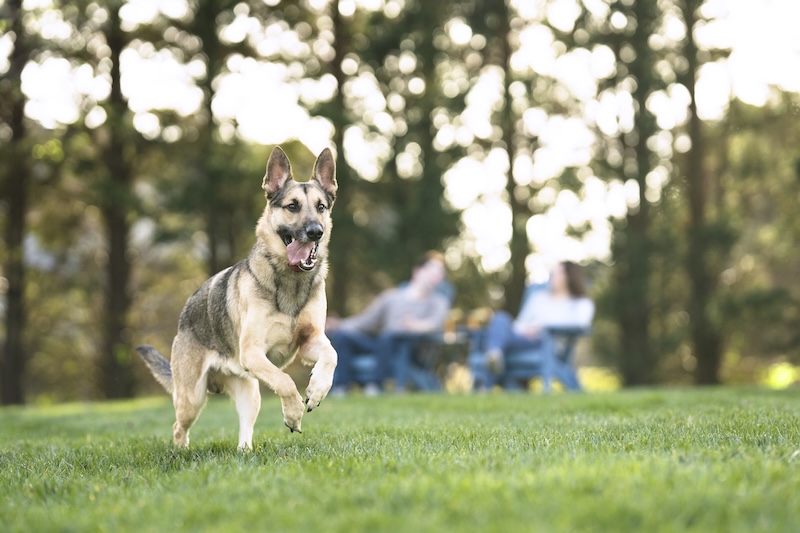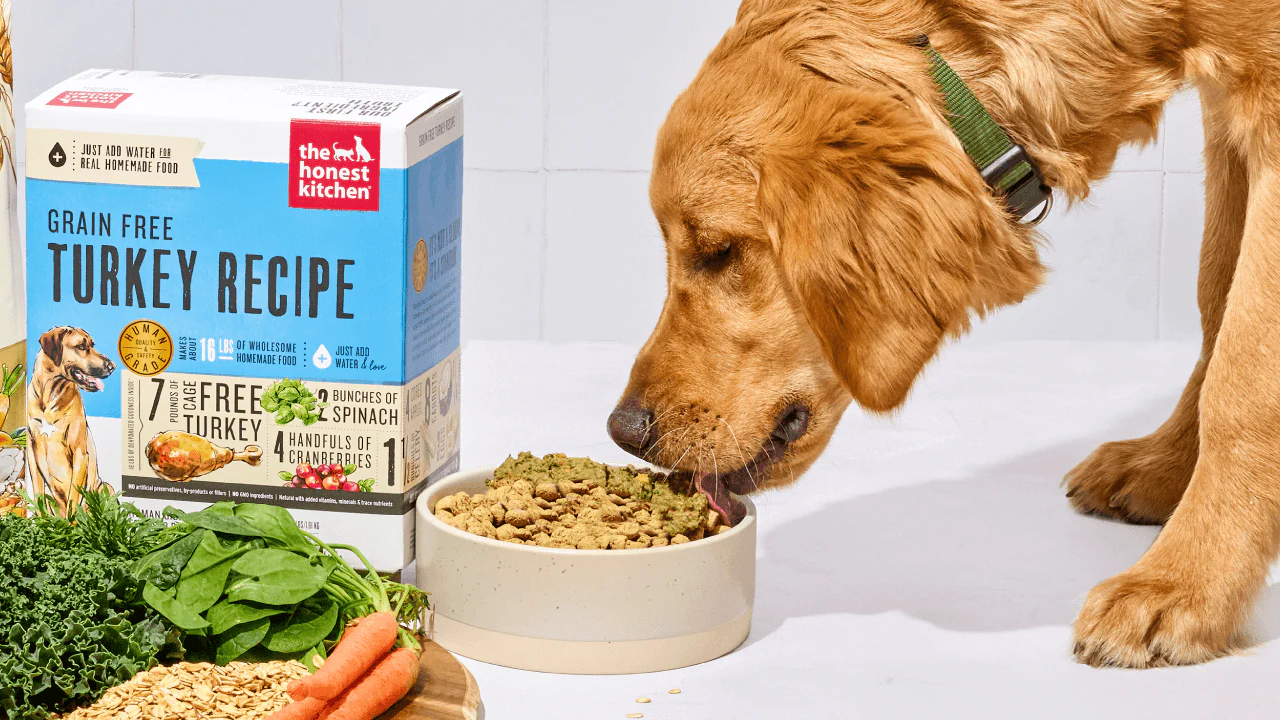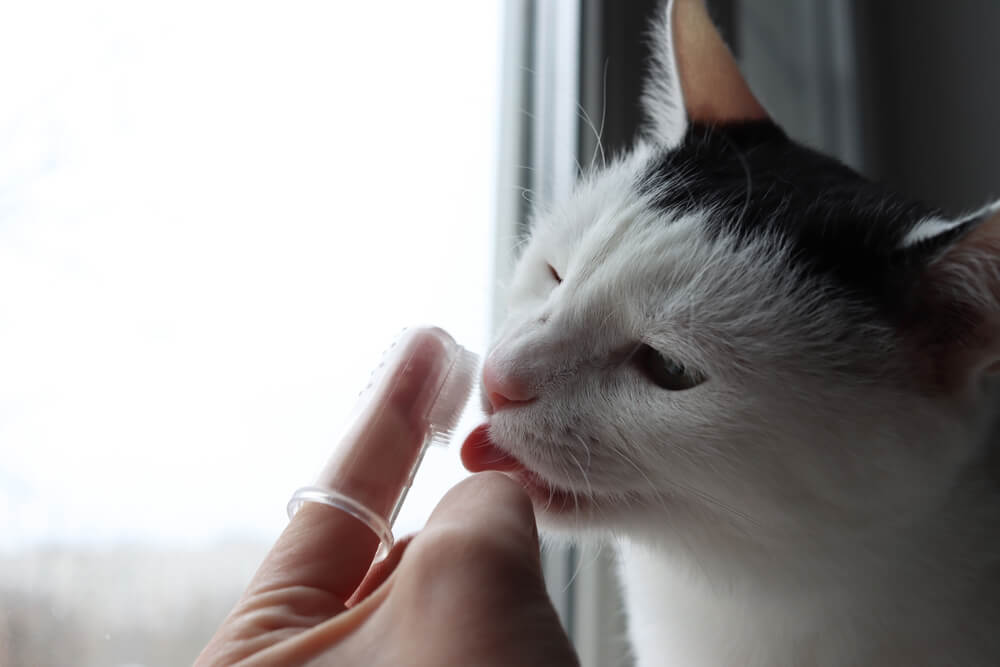Feline Health Care: What Can I Give My Cat for Diarrhea?
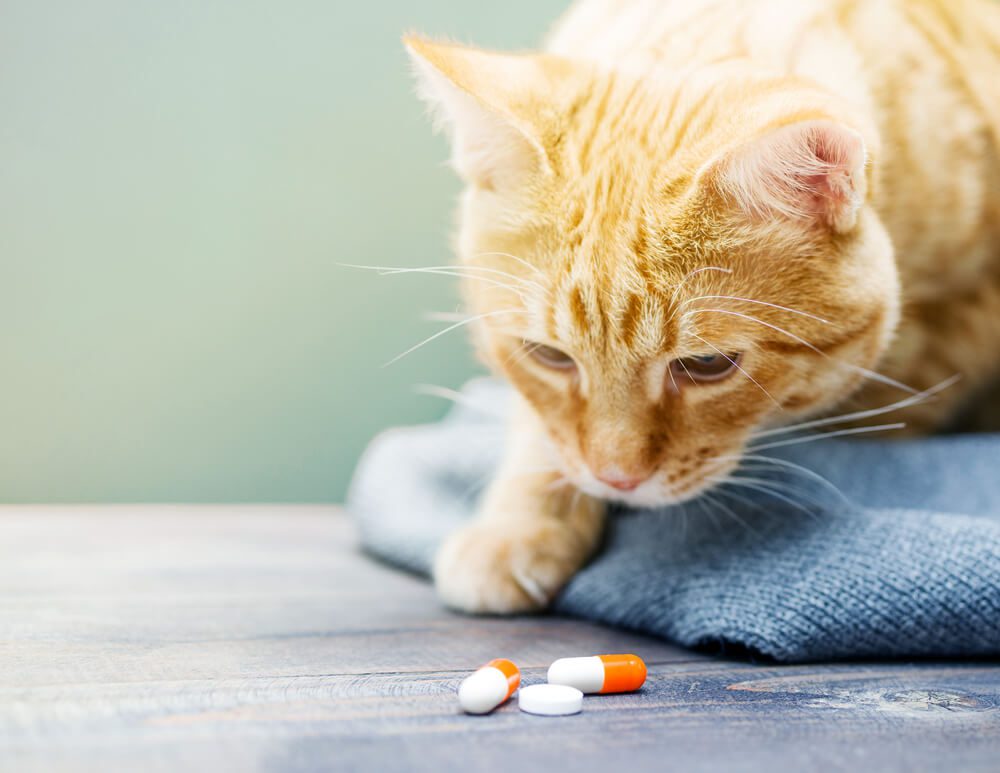

Feline Health Care: What Can I Give My Cat for Diarrhea?
Table of Contents
What Can I Give My Cat to Harden Stool?
There are several things you can give your cat for diarrhea:
- Unflavored metamucil
- Probiotics
- Fiber supplements
- Boiled white rice
- Canned, unflavored pumpkin
- Electrolytes.
These are all safe and efficient answers to the question of what can I give my cat for diarrhea. If you have any doubts or concerns, you can talk to your vet first.
- The formula is specially designed to contain prebiotics and probiotics for dogs.
- Provides support to avoid diarrhea or loss of appetite. constipation, and other issues.
- Aids in the creation of natural antibodies to fight free radicals and promote an immune system that is healthy for your dog's immune system.
What is Safe to Give Cats for Diarrhea?
Probiotics are excellent for cats with diarrhea. They are often combined with prebiotics to support gastrointestinal health. When the cat’s diet is deficient in probiotics and prebiotics, owners can use supplements.
Honest Paws Pre+ Probiotics is a great choice because it contains both prebiotics and probiotics. It makes the poop harder and cleaning the litter box easier. It supports the digestive system, boosts the immune system, and helps with certain skin issues. All in all, it is excellent for overall cat health.
Plus, the supplement comes in a chicken-flavored and easy-to-use powder form. It is safe for adult cats, kittens, and seniors.
What Home Remedy Can I Give My Cat for Diarrhea?
There are home remedies and over-the-counter supplements for managing cat diarrhea. Let’s take a look at some of the most popular ones.
Honest Paws Pre+ Probiotics. Containing six strains of probiotics and a prebiotic for extra support, this probiotic is great at improving gut health and bowel movements. With 5 billion CFUs to improve your pet’s health, this formula has been proven safe for both dogs and cats.
It features a chicken flavor to encourage pets to eat it and uses rice hulls for fiber to help with loose stools. It is made in the USA and features the NASC quality seal to ensure only high-quality products are reaching store shelves.
Get it on Amazon Get it on Honest Paws
Rx Vitamins Rx Clay Powder Anti Gas & Anti Diarrhea for Cats. The clay in this formula helps watery stools and aids the cat’s digestive system by absorbing water and helping to add bulk to feces.
The clay helps to regulate moisture levels in the bowel and normalize its function. It is effective as an anti-diarrheal but also works to reduce the possible causes of loose or runny stools. It is safe for kittens and puppies as young as 12 weeks of age.
Get it on Amazon Get it on Chewy
Nutri-Vet Anti-Diarrhea Liquid for Cats. This anti-diarrheal liquid features two active ingredients that help to relieve diarrheal symptoms of food sensitivities. Kaolin helps to increase moisture in a cat’s stool to slow down its movement through the bowels.
Pectin provides a protective coating along the membranes of the intestines and soothes and treats common causes of diarrhea. It is made in the USA by veterinarians and features the NASC quality seal.
Get it on Amazon Get it on Chewy
Pet Naturals Daily Probiotic Digestive and Immune Support Supplement for Cats. This daily probiotic supplement contains no wheat, corn, or artificial ingredients. It guarantees 100 million CFUs and provides digestion support for cats of all ages.
The duck flavor helps cats want to eat the supplement, even finicky cats. These probiotics help to reduce gas, constipation, and diarrhea and feature the NASC quality seal. It is made in the USA to ensure the highest level of quality and safety is used when manufacturing this product.
Get it on Amazon Get it on Chewy
Purina FortiFlora Cat Probiotic Powder Supplement. Probiotic supplement for the dietary management of dogs and cats with diarrhea. FortiFlora is the #1 probiotic brand prescribed by veterinarians and contains a probiotic blend made to promote and restore the normal intestinal microflora.
It features a proprietary microencapsulation process for enhanced stability. A guaranteed level of live microorganisms Increases levels of beneficial bacteria that help reduce flatulence.
VetriScience Laboratories Probiotic Everyday for Cats. Packed with prebiotics, this daily probiotic blend helps to support intestinal tract function and health. It is safe to be given to your pet every day, so they are always protected from things like chronic diarrhea or sudden bouts of diarrhea.
Probiotic Everyday contains 100 million CFU of patented, highly stable GanadenBC probiotics per chew and is flavored with duck to be delicious and enjoyable for your pet. It is manufactured in the United States and is backed by a 100% money-back guarantee if you are unsatisfied.
Can I Give My Cat Pepto Bismol for Diarrhea?
No, you should never give your cat Pepto Bismol.
According to PetMD, Pepto Bismol is used in veterinary medicine and as an over-the-counter med for diarrhea, but only in dogs. However, it is not safe to use on cats.
Pepto Bismol contains salicylates which can cause respiratory failure and hyperglycemia in cats.
So, if wondering what can I give my cat for diarrhea, Pepto Bismol is not the answer.
When Should I Take My Cat to the Vet for Diarrhea?
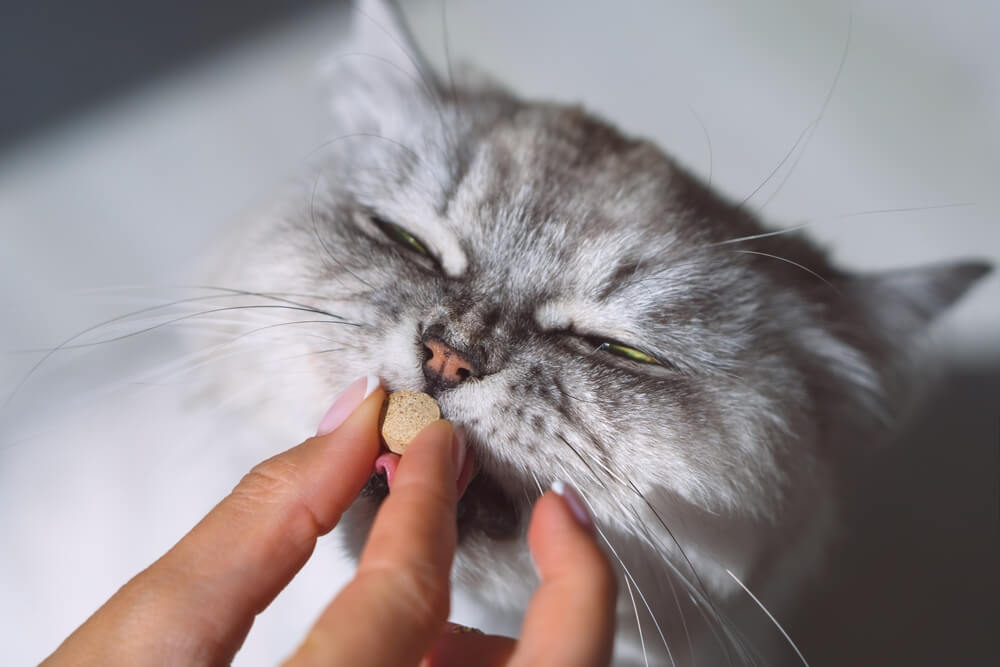
You should take your cat to the vet for diarrhea if it persists for a couple of days or is accompanied by worrisome signs and symptoms (vomiting, fever, lethargy, weight loss). You should also see the vet if the home remedies do not work.
Cat diarrhea warrants a trip to the vet’s office if the cat’s stool is tainted with red, fresh blood or is black and tarry. Blood in a stool is always a reason for concern. Kitten diarrhea is also a red flag and warrants a vet appointment.
However, most cases of diarrhea will go away on their own. This is because diarrhea is often caused by diet changes (replacing the old food with new cat food), dietary indiscretions, food allergies, and food intolerances. In these cases, the bout of diarrhea will likely go away on its own.
Other times, seeing a DVM is vital as diarrhea can be caused by severe or even life-threatening like inflammatory bowel disease (IBD), bacterial infections (Salmonella), viral infections (panleukopenia), intestinal parasites (roundworms, Giardia, Coccidia), colitis, pancreatitis, and kidney or liver disease.
The vet will perform a physical examination and then order additional tests (such as abdominal x-rays. ultrasounds, and blood work) to determine the underlying cause and suggest treatment.
